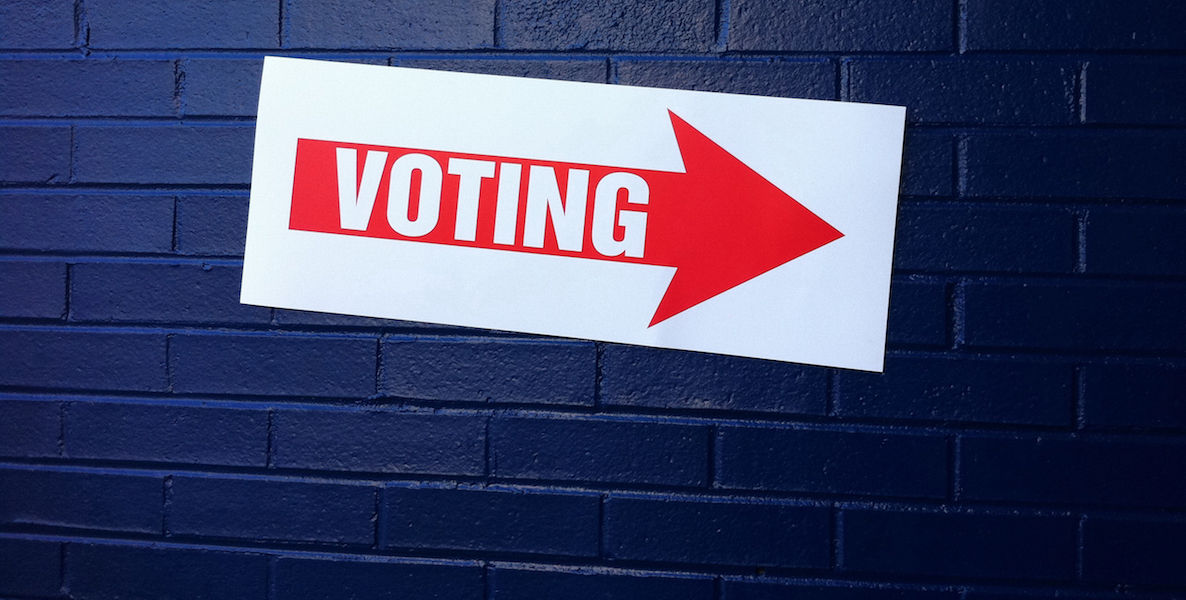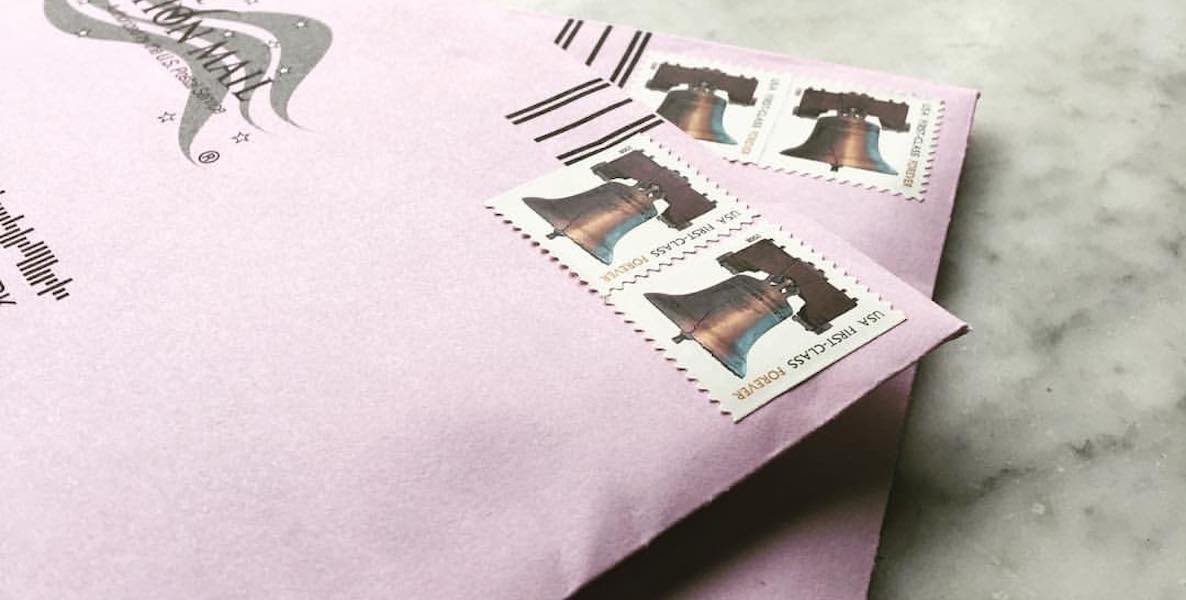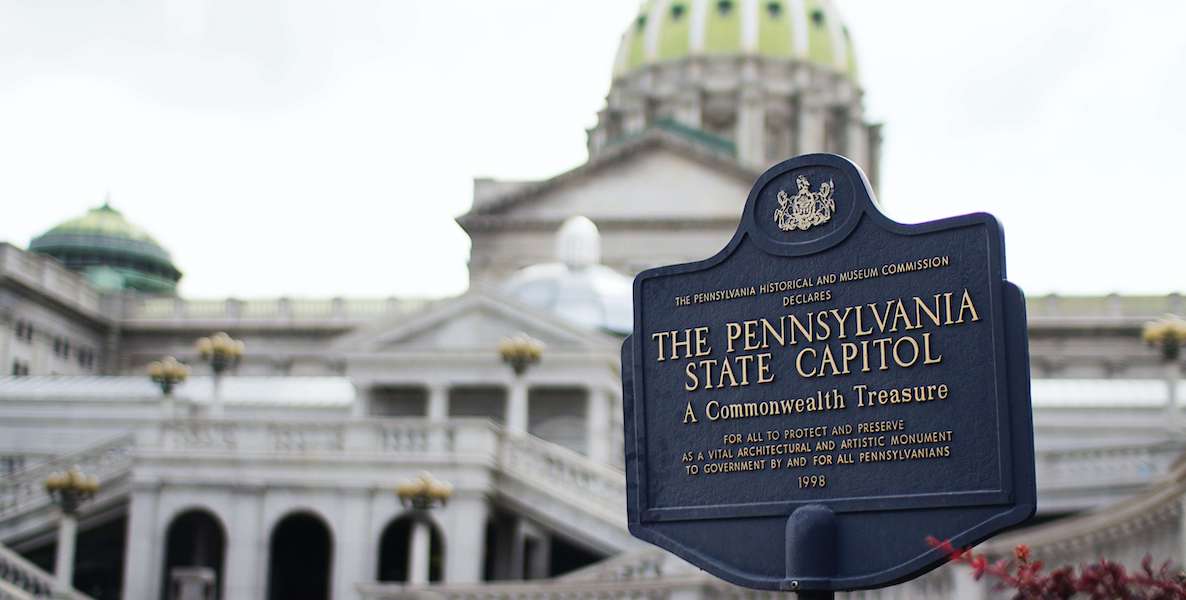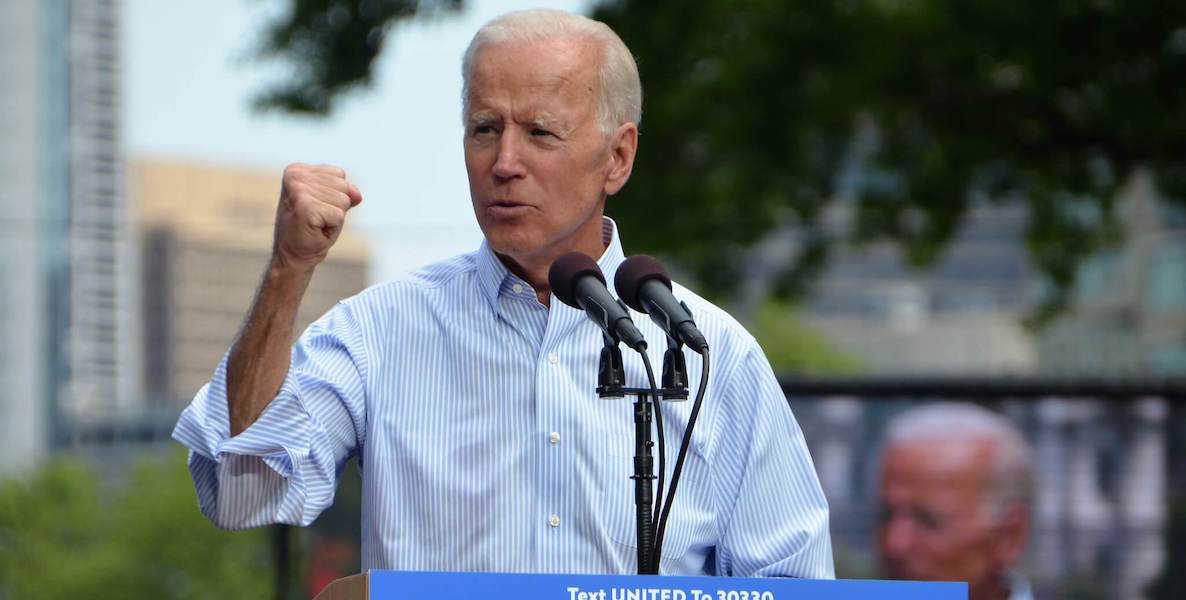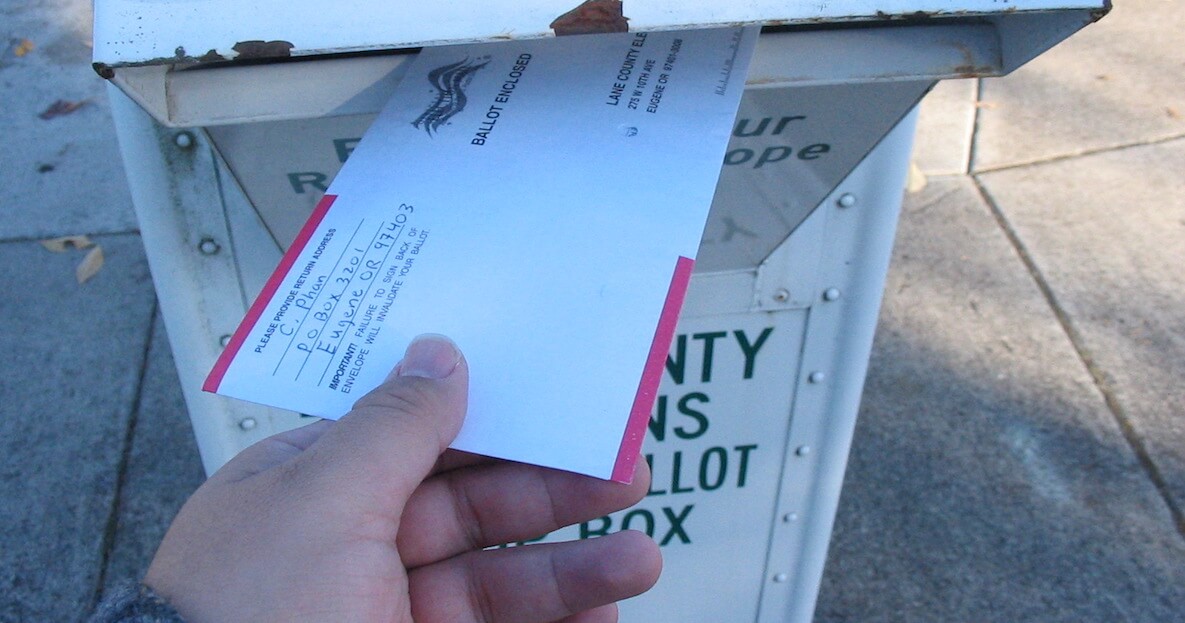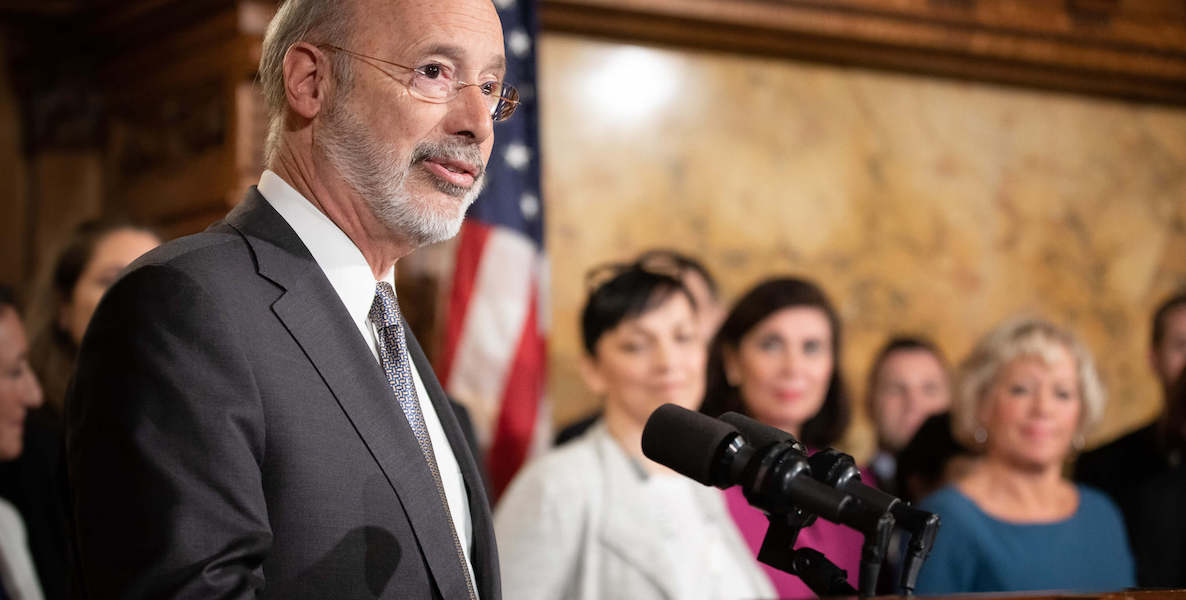Pennsylvania’s elected officials have a very short window over the next couple weeks to come to some type of agreement on legislative changes to Act 77 in order for any new election laws to be implementable in time for the November election.
This week we got a preview of the general shape of the battle lines on this issue, with Republicans in the legislature and Governor Tom Wolf each announcing their main priorities heading into an upcoming special legislative session.
House Republicans early in the week released a bill that was a mixed bag of ideas, some that would improve the process, and some that would needlessly make voting harder.
The good news is that the Republican bill would require “pre-canvassing” of ballots by counties, which entails sorting and verifying them, and everything short of actually scanning and counting the votes, which could still only happen on Election Day.
Counties could only start pre-canvassing the Saturday before Election Day under the bill, however, while Governor Wolf is requesting pre-canvassing to start 21 days out.
Are you all set to vote? It’s election season
The Republican bill also proposes some unfortunate changes meant to curtail voting access by eliminating the use of dropboxes for mail ballots, and also eliminating the authority to create satellite county voting offices where people can vote by mail early in-person.
A lawsuit filed in federal court against Pennsylvania over these issues was halted this week until the matter is clarified in state court. Philadelphia officially plans to set up about 15 of each this fall (more on that in a second), and other counties will also be experimenting with different versions of this concept.
If the Republicans have their way, the only in-person options voters would have for dropping off mail-in ballots would be their polling places on Election Day, “the permanent offices of the county board of elections,” and “no other location.”
The other way the bill would jeopardize voting access is by moving the deadline for requesting a mail ballot from seven days before the election to 15 days.
There’s a reasonable argument for doing this, which is that it’s one way to reduce the number of rejected ballots that come in after the deadline. But it does this at the cost of also reducing overall mail ballot applications.
Democrats want to solve this issue by keeping the deadline close to Election Day, and having abundant locations where people can drop them off early and in-person if they don’t want to chance it with the USPS.
Later in the week, Governor Tom Wolf announced his own priorities for the upcoming session, calling on the legislature to make four changes:
- Allowing counties to start pre-canvassing ballots 21 days before the election rather than at 7am on Election Day to make vote counting faster.
- Allowing counties to count eligible ballots postmarked by Election Day and received by the Friday following Election Day to ensure that all ballots mailed by the deadline are counted.
- Requiring counties to start sending mail-in ballots at least 28 days before the election rather than 14 days as currently required.
- Providing counties flexibility to appoint poll workers to vacant positions earlier than five days before an election.
The governor would likely be able to veto any significant rollback of Act 77 early voting features, but it’s an open question whether Republicans will try to use pre-canvassing as a bargaining chip to win rollbacks on dropboxes or county satellite offices for early voting.
The Inquirer reports that the negotiations thus far have taken place only between Governor Wolf and legislative Republicans.
Meanwhile, Philly’s general election is finally getting funded.
The City Commissioners voted to accept a $10 million grant from the Center for Tech and Civic Life this week, which will allow Philadelphia’s election officials to deploy some of the better features of Pennsylvania’s Act 77 like early voting satellite offices and dropboxes, and to give poll workers an additional $100 in hazard pay as enticement for working on Election Day.
The funding would almost double the Commissioners’ budget, reports Jonathan Lai at the Inquirer:
As part of a $10 million grant, they plan to open at least 800 polling places across the city, set up 15 neighborhood elections offices for in-person early voting using mail ballots, install at least 15 mail ballot drop boxes across the city, give poll workers coronavirus hazard pay of an additional $100, and buy equipment to dramatically increase the processing of mail ballots.
For voters, the most visible changes will be the satellite elections offices and drop boxes. They are extensions of the commissioners’ two main offices (one is in City Hall) and would allow voters to cast ballots in person in the weeks ahead of Election Day by requesting, receiving, filling out, and submitting a mail ballot in one visit. People would also be able to register to vote in the offices, or to update their registration information.
The drop boxes would allow voters to hand-deliver their mail ballots, bypassing the U.S. Postal Service and any mail delivery concerns. The drop boxes would be available 24 hours a day, monitored by video surveillance, and emptied regularly.
The in-person early voting options are going to be especially important as a way of flattening the curve of ballot applications and then returned ballots. If people can show up in-person somewhere close to where they live to request a ballot, fill it out, and turn it right back in, that could keep a lot of ballots out of the mail system, and ease the crunch of in-person voting activity on Election Day.
Check out more election 2020 coverageWant more?
That makes it all the more important to recruit enough poll workers this Election Day, and it’s why, if you’re healthy and comfortable taking the risk, you should sign up with The Voter Project, which is helping recruit poll workers for the city.
Jon Geeting is the director of engagement at Philadelphia 3.0, a political action committee that supports efforts to reform and modernize City Hall. This is part of a series of articles running on both The Citizen and 3.0’s blog.
Photo courtesy Governor Tom Wolf Flickr


